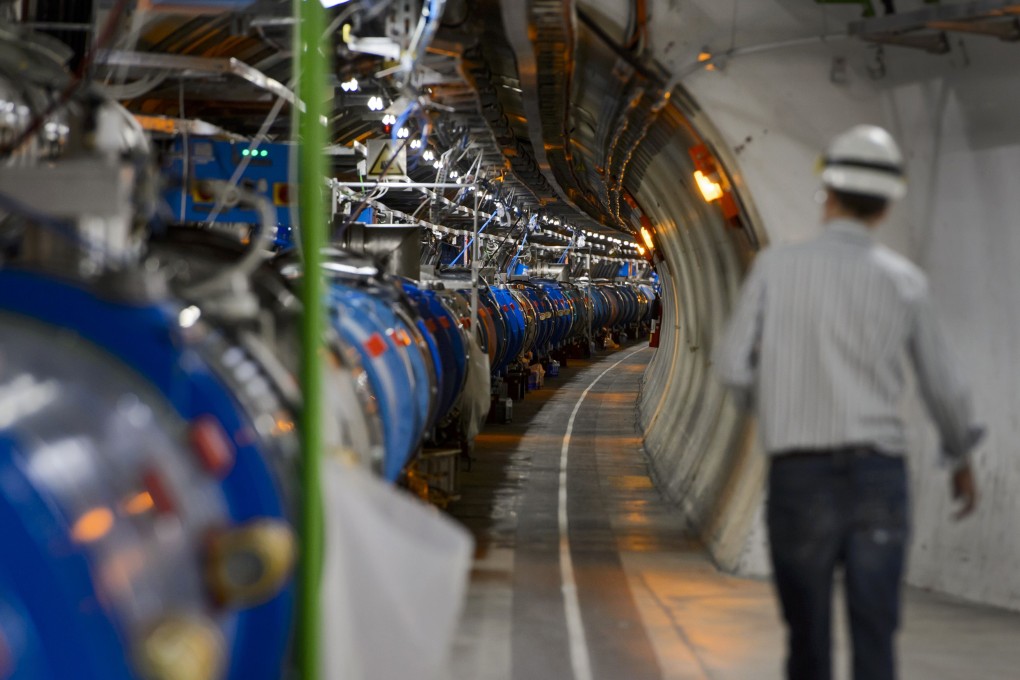CERN restarts 'Big Bang' particle collider after two-year refit
Hopes for the second run lie in breaking out of what is known as the Standard Model of how the universe works at the level of elementary particles, and into “New Physics”.

Scientists at Europe’s physics research centre CERN on Sunday restarted their “Big Bang” Large Hadron Collider (LHC), embarking on a bid to probe into the “dark universe” they believe lies beyond the visible one.
CERN reported that particle beams were successfully pushed around the LHC in both directions after a two-year shutdown for a major refit described as a Herculean task that doubled its power -- and its reach into the unknown.
“It’s fantastic to see it going so well after such a major overhaul,” CERN Director General Rolf Heuer told delighted scientists and engineers as the beams moved round the tubes of the 27-km (17-mile) underground complex.
But it will be two months before particle collisions -- mini-versions of the Big Bang primordial blast that brought the universe into being 13.8 billion years ago -- begin and at least a year more before any results can be expected.
Study of many billions of collisions in the LHC’s first run from 2010-2013 produced proof by 2012 of the existence of the Higgs boson and its linked force field, a long sought mechanism that gives mass to matter.
